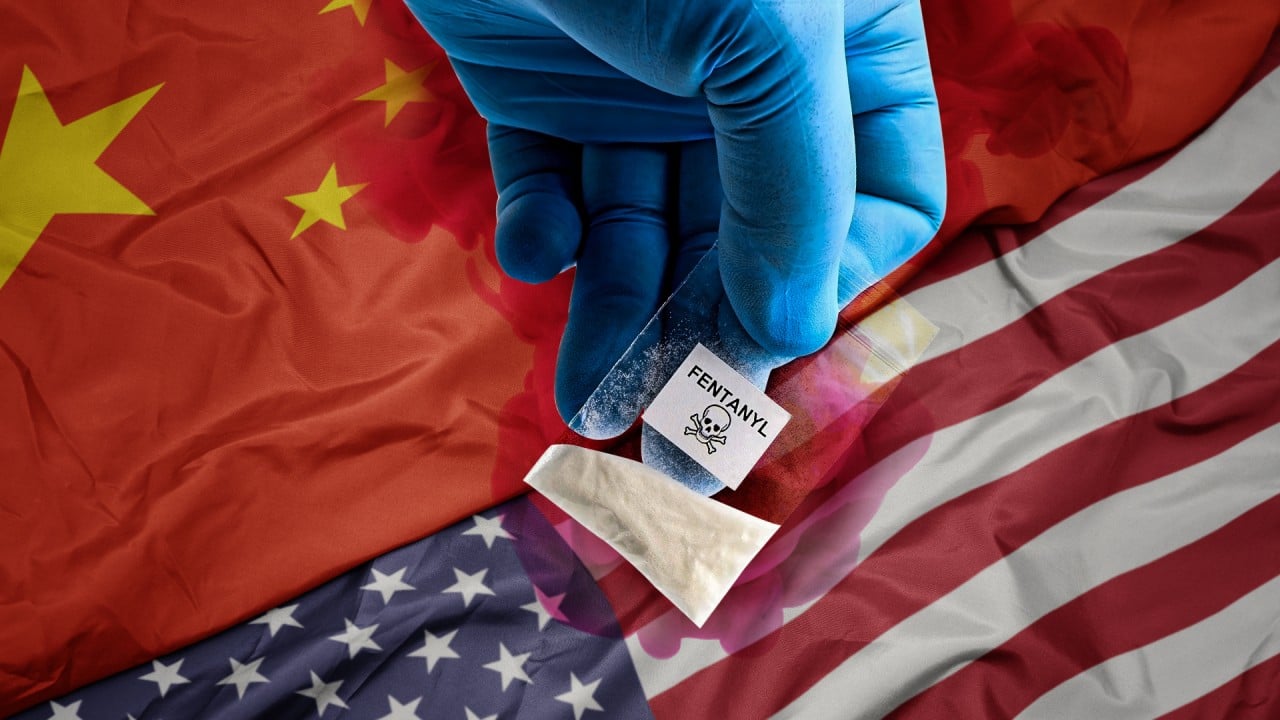Advertisement
However, the 90-day tariff pause is an important period for the two countries to prepare for strategic moves in the next stage, including speeding up the diversification of supply chains and markets to reduce the shock of potential tariff hikes once the truce ends.
The easing of tension is also an opportunity for both sides to adjust their narratives to help reach some attainable goals.
These objectives must be realistic, given that the United States has made it clear it will continue to aim for “decoupling” from China on “strategic necessities”.
Advertisement
US media and analysts have said that Beijing has used its cooperation in stemming the flow of chemicals for fentanyl production as leverage in negotiations on a broader range of issues.


